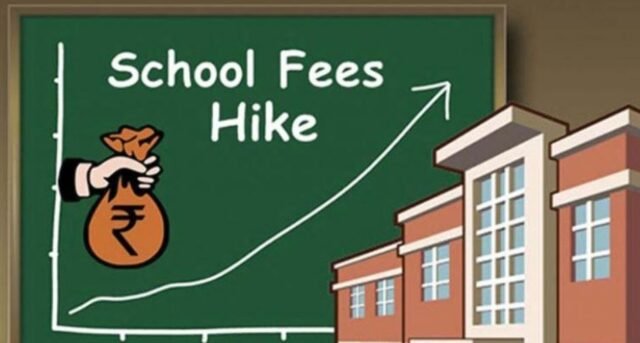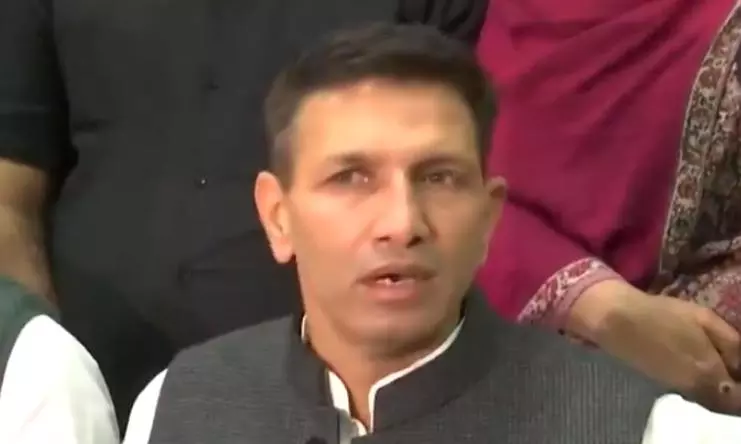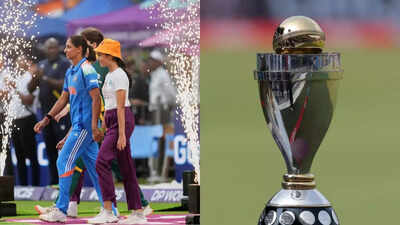Hyderabad:The draft Bill to regulate fees in private unaided schools and junior colleges has received varied reactions from school managements, who argue that it effectively sidelined them from any financial decision-making.
While the Telangana Recognised School Managements Association (TRSMA) warned that the draft threatened the autonomy and viability of private institutions, the Telangana Education Commission (TEC) defended its intent, citing constitutional principles and clarified that the bill is open to amendments.
A TRSMA letter to Chief Minister A. Revanth Reddy on Saturday outlined concerns over the Telangana Private Schools and Junior Colleges Fee Regulatory and Monitoring Commission Draft Bill, 2025, proposed by the TEC recently. The association contended that a rigid regulatory structure, combined with penalties and restrictions on operational practices, threatens the sustainability of unaided private institutions.
The draft mandated that fees must be fixed by the parents teachers association (PTA) and reviewed every two years based on the consumer price index, subject to final approval by a regulatory body. The TRSMA asked how schools that have made substantial capital investments can continue to function without control over their revenue.
Association president Madhusudan Sadula argued that the managements were expected to invest crores in infrastructure and then surrender the financial autonomy under the draft Bill.
“The PTA determines school fees and seeks approval from the regulatory body, which leaves school managements with hardly any control,” he said.
Sadula also raised concern over what he called overregulation. He cited restrictions on cash payments as impractical, particularly for parents from the interiors, and pointed out the absence of provisions to deal with fee defaulters. “Cash is a legal tender. What is wrong if a parent wants to pay in cash,” he asked.
The TEC, however, maintained that the Bill was still a draft and that it remained open to discussion and amendment.
Prof. P.L. Vishveshwar Rao, a member of TEC, stated that representations from stakeholders have been received and they would be considered while finalising the draft.
“The government has stated on the floor of the House that it will bring in fee regulation based on reports that we have submitted. People have raised concerns about issues like payment in cash and how the system will work in rural areas. These will certainly be reviewed for possible exemptions. This is only a bill and not an Act, as yet. It will be debated and amended, if needed,” he said.
Rao added that school categorisation was not intended to dilute education standards but to ensure accountability. “If a school is charging a certain amount, it must provide corresponding infrastructure. The major issue is the nature and level of fees being charged. Education is not meant for profiteering, this is what the Supreme Court says. We are not here to stifle education. Corporate schools can exist, but there should be some regulation.”
The draft introduces standardised fee caps, bans on additional charges for optional services unless approved, and disallows sales of books or uniforms by schools. One-time admission fees and donations are also barred. Schools found violating the rules could face penalties of up to `10 lakh or even lose recognition.






